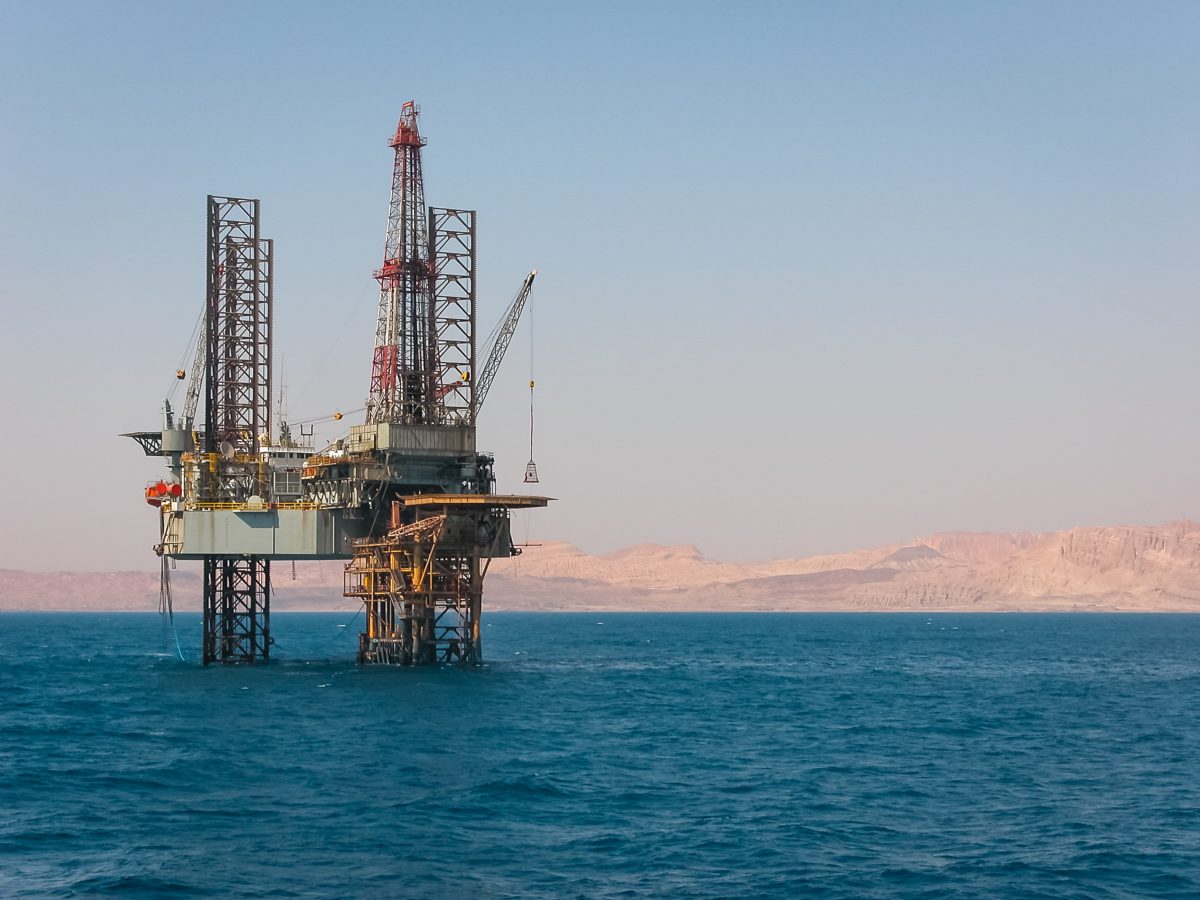The Egyptian Natural Gas Holding Company (EGAS) is making a strategic push into the Saudi Arabian market, aiming to bolster its presence in the region's natural gas sector. This move comes amidst Egypt's ongoing efforts to secure foreign currency inflows and capitalize on its expertise in the natural gas industry.
On Sunday, the Egyptian Ministry of Petroleum announced the establishment of "Modern Gas" Saudi Arabia, a subsidiary of EGAS. With an initial capital of 2 million Saudi riyals (roughly $530,000), this new venture marks a significant step in EGAS's offshore expansion strategy, particularly targeting the Gulf Cooperation Council (GCC) states.
This strategic decision aligns with Egypt's current economic priorities. The country has been grappling with a foreign currency shortage, hindering local businesses and causing delays in essential imports. The natural gas sector, a cornerstone of the Egyptian economy, presents an opportunity to generate much-needed foreign currency through potential partnerships and export deals in the region.
EGAS's foray into Saudi Arabia follows on the heels of a successful $35 billion investment deal secured with the Emirati sovereign wealth fund ADQ. This agreement focuses on developing a strategic peninsula on Egypt's Mediterranean coast alongside other key projects. The combined effect of these initiatives is expected to significantly alleviate Egypt's foreign currency woes.
Industry experts view EGAS's expansion into Saudi Arabia as a positive development for both parties. Egypt boasts extensive experience in natural gas exploration, production, and transportation infrastructure. This expertise can be instrumental in supporting Saudi Arabia's ambitious plans to diversify its energy mix and reduce dependence on oil.
While details regarding the specific activities of "Modern Gas" Saudi Arabia remain undisclosed, the company's establishment paves the way for potential collaborations between the two regional gas giants. Joint ventures in exploration and production projects, as well as infrastructure development initiatives, are all possibilities on the horizon.
The expansion also holds implications for the broader regional energy landscape. Increased cooperation between Egypt and Saudi Arabia in the natural gas sector could contribute to greater market stability and potentially lead to the creation of a more robust regional gas trading hub.
This strategic move by EGAS signifies Egypt's growing confidence and ambition within the regional energy sector. By leveraging its expertise and forging new partnerships, Egypt is well-positioned to solidify its role as a key player in the evolving natural gas market of the Middle East.

